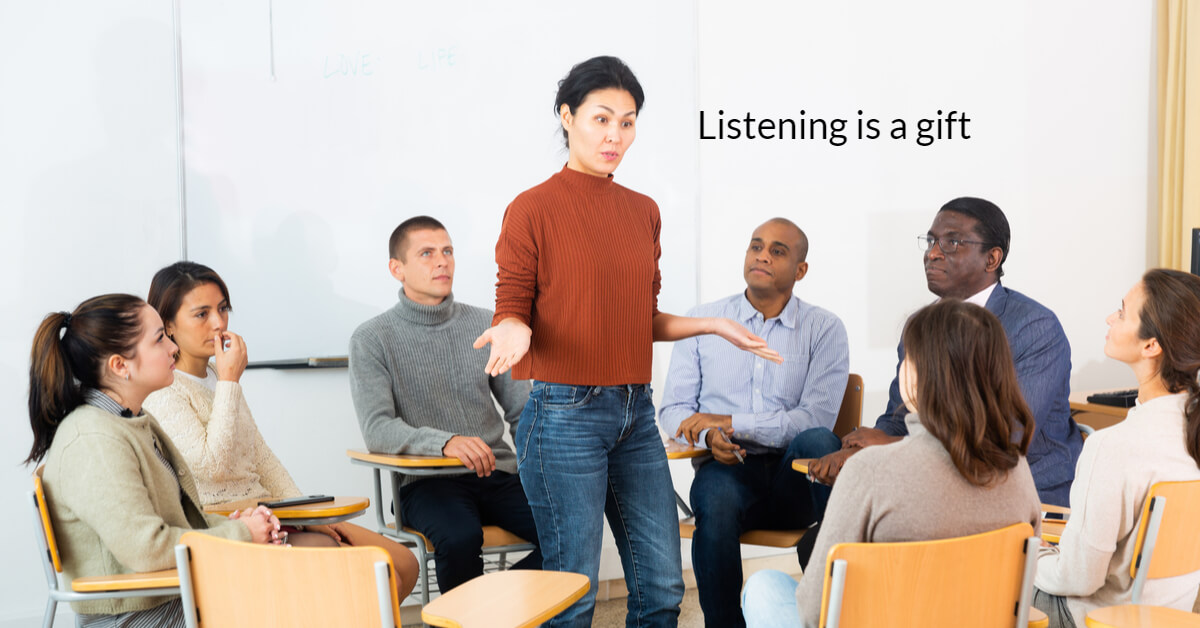I do not live in the most politically prejudiced county in the United States. That would be Suffolk County, Massachusetts, home of Boston. But I live next door, and my home county doesn’t fare much better. In fact, it ranks in the 99th percentile of the most politically intolerant regions in the nation — this, according to a study performed by the polling and analytics firm PredictWise and reported in the Atlantic in 2019. While I would have characterized my hometown as progressive rather than intolerant, I am reminded of the conservative writer, William F. Buckley, Jr., who is credited with saying, “Liberals claim to want to give a hearing to other views, but then are shocked and offended to discover that there are other views.”
The Essex County school that employed me for 14 years is predictably staffed by a preponderance of progressive teachers. But they aren’t all left-leaning, and during my final year there I set out to explore the viewpoint diversity that had been generally overlooked in my time at the school. An institutional structure stood ready to house the work: an optional gathering of faculty to discuss a single topic related to diversity…


